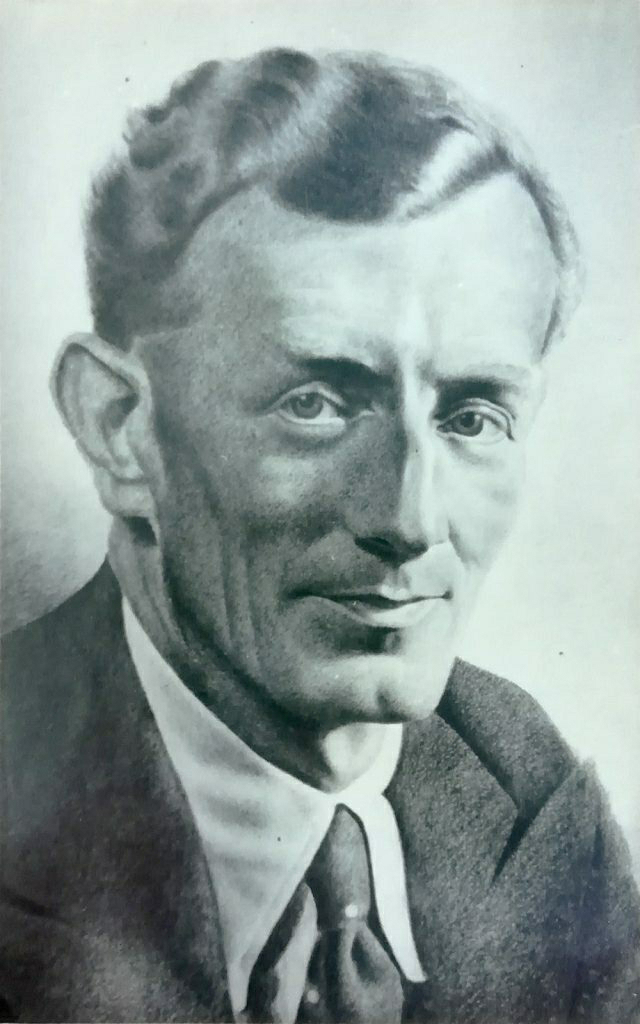Tell It Not In Gath by Joe Corrie
Tell it not in gath the one act play was written by Joe Corrie.
- Joe Corrie (13 May 1894 - 13 November 1968)
Joe Corrie as writer
He was born in 13 May, 1894 and died in 13 November, 1968. His most famous works like, Hogmanay, There was a Lad, In Time O'staife, Clarinda, Martha, And So To War, Hewers of Coal, etc.
He was a Scottish miner poet and playwright best known for his radical working class plays.
After the first world war, Corrie started writing. His articles, sketches, short stories, and poems were published in prominent socialist newspapers and journals including forward and the minor.
SUMMARY:
Tell It Not In Gath - One Act Play
A community meeting is called to discuss the spread of gambling, particularly football pools, which has become a social evil in the town. The attendees, including the pompous Sam Marden, express their concern about the loss of innocence in the village.
The irony kicks in when the committee members praise the peaceful atmosphere at Arthur's home, which is far from the truth.
As the meeting goes on, it becomes clear that these moralizing folks are clueless about how to deal with gambling. They complain about losing their peace and innocence since the mine opened, but they're hesitant to take real action. Even though they claim to uphold good values, they won't risk upsetting the miners or jeopardizing their own prosperity. The playwright exposes their hypocrisy brilliantly.
As tensions rise during the meeting, Marjory interrupts with surprising news: she has won £20,000 in gambling. This revelation exposes the hypocrisy of the so-called pillars of society, who preach morality but engage in immoral activities themselves.
Marjory later confesses that she hadn't actually won the money, but rather she had hoped to shock the attendees into realizing their own hypocrisy. Arthur, relieved and proud of his wife's boldness, reflects on the true values of honesty and integrity.
The play concludes with the realization that true goodness is rare and often overshadowed by selfishness and greed. Money, as demonstrated, can corrupt even the most seemingly virtuous individuals.
Conclusion goes like, The play does a great job of showing how people often say one thing but do another, especially when it comes to morals and actions. It uses contrasts and irony to expose the fake values of the middle class. The so-called pillars of society act morally superior but are really just hypocrites. They ignore their consciences when their own interests are at stake. Even the Rev. Arthur Welsey, who preaches about humanity's failings, behaves badly when his wife wins £20,000. It's a stark reminder that people are often weak and selfish, and money can corrupt even the best of us.



Comments
Post a Comment